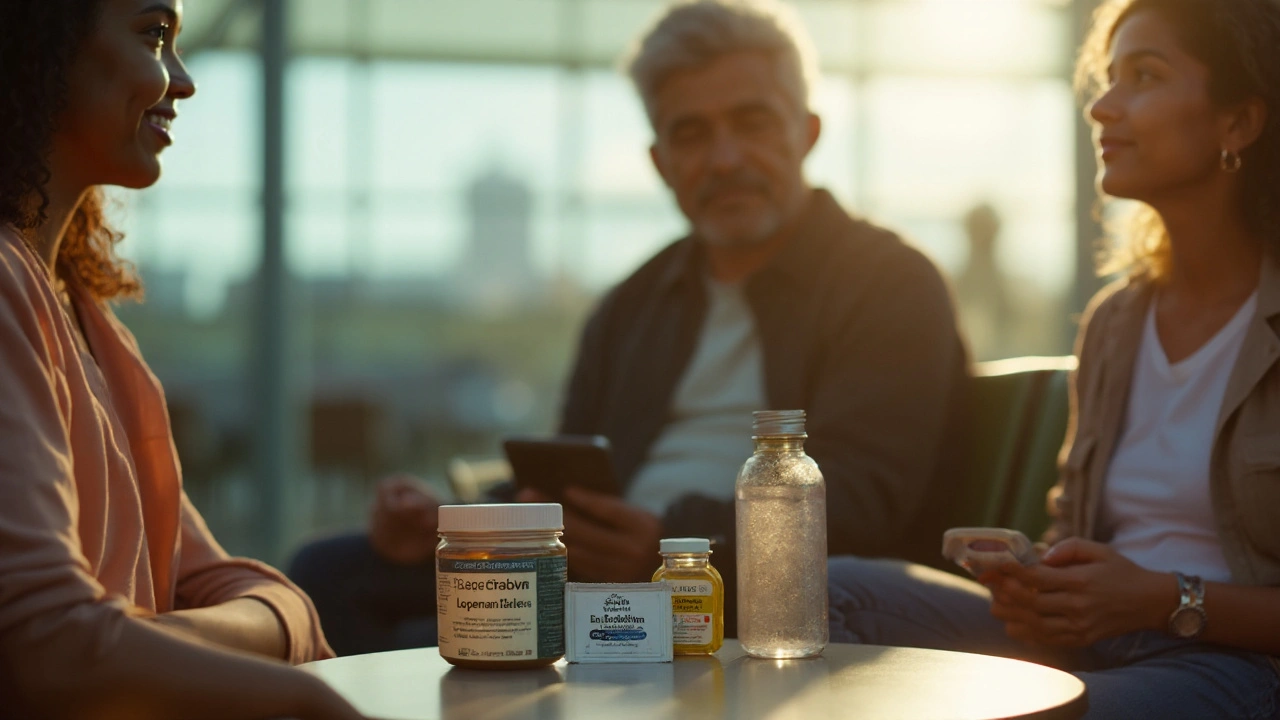Dosing: Find the Right Dose for Your Meds and Supplements
Choosing a dose feels like a guessing game until you know what to look for. Whether you’re pulling out a prescription bottle or a new herbal capsule, the right amount can mean the difference between relief and unwanted side effects. Below you’ll get a quick roadmap that shows exactly how to read labels, match doses to your body, and avoid the most common mistakes.
How to Find the Right Dose
First, check the label. Most prescription pills list the strength in milligrams (mg) and give a clear direction: “Take one tablet twice daily.” If you see a range like 5‑10 mg, that’s a sign the doctor wants you to start low and increase only if needed. For supplements, the situation is similar but often less regulated, so the label becomes your primary source of truth.
Next, think about personal factors. Age, weight, kidney function, and other meds you’re on can all shift the optimal dose. A 70‑kg adult might need a higher amount of a pain reliever than a 50‑kg teen. If you have liver or kidney issues, the drug can linger longer in your system, so a smaller dose is safer.
When in doubt, start low and go slow. A half‑tablet or a reduced scoop of a powder can give you a feel for how your body reacts. If you don’t notice any benefit after a few days, you can cautiously increase—always within the recommended range.
Tips for Staying Safe
Keep a dosing diary. Jot down the time you take each dose, how you feel, and any side effects. A simple note on your phone can save you from accidental double‑dosing, especially with meds that have long half‑lives.
Set reminders. Alarms, pillboxes, or smartphone apps can ensure you never miss a dose or take one too early. Consistency matters most for chronic meds like blood pressure pills or cholesterol statins.
Watch for food interactions. Some drugs, like certain antibiotics, lose potency if you eat dairy right away. Others, like iron supplements, absorb better on an empty stomach. The label usually flags these, but a quick search on the drug name can confirm.
Know the signs of overdose. Nausea, dizziness, rapid heartbeat, or unusual confusion can hint you’ve taken too much. If any of these pop up, contact a healthcare professional immediately.
Lastly, never share your meds. Even if a friend says they have the same condition, dosing is personal. What works for you might be too strong—or too weak—for someone else.
By reading labels carefully, adjusting for your body, and using simple tools like reminders and diaries, you can master dosing without needing a pharmacy degree. Stay curious, ask your doctor or pharmacist when something’s unclear, and treat each dose like a small, important piece of your overall health plan.

Loperamide for Diarrhea Prevention: Can You Use It Safely in 2025?
- Aug, 31 2025
- Daniel Remedios
- 11 Comments
Thinking about taking loperamide to prevent diarrhea? Here’s what actually works, when to use it, when to avoid it, and smarter prevention options for travel in 2025.
